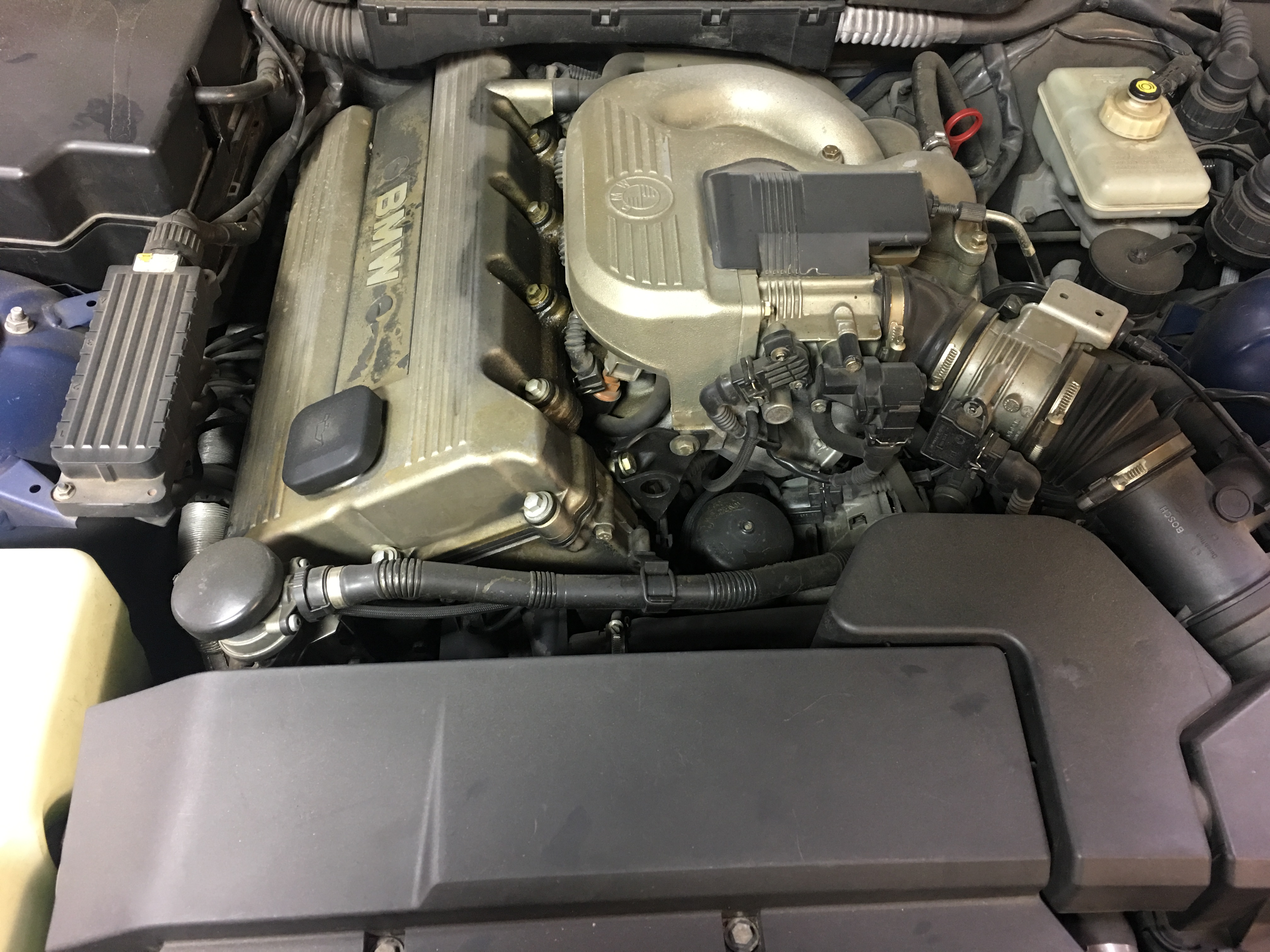Why the BMW 318ti Is a Leading Selection for Automobile Lovers
Why the BMW 318ti Is a Leading Selection for Automobile Lovers
Blog Article
Crucial Factors To Consider for Picking the Best Engine for Your Demands
In the realm of choosing the excellent engine to satisfy your requirements, several crucial aspects need careful consideration to make sure optimum performance and performance. From the nuanced equilibrium between power and efficiency to the often-overlooked elements of upkeep and solution requirements, each facet plays an essential role in determining the most appropriate engine for your details needs. As the intricacy of engine technologies remains to advance, critical one of the most fitting option demands a deep understanding of the interaction in between numerous factors to consider. By checking out the detailed web of aspects that underpin this decision-making process, a clearer course emerges towards choosing an engine that not only meets but surpasses your expectations.
Power and Performance
When examining engines for optimum efficiency, it is vital to prioritize both power result and performance. Effectiveness refers to exactly how well the engine transforms fuel into functional energy. By carefully assessing both power and effectiveness, you can choose an engine that supplies ideal efficiency and meets your needs effectively.
Gas Efficiency and Economic Climate
In the realm of engine option, the consideration of fuel performance and economic situation holds paramount relevance. Gas effectiveness describes the engine's capability to transform fuel into energy with marginal waste, straight affecting operating prices and environmental sustainability. bmw 318ti. When selecting an engine, evaluating its gas economic climate is crucial to determine lasting savings and environmental effect. Engines with greater gas performance not just lower fuel costs however additionally reduce carbon emissions, adding to a greener operation.

Compatibility and Application
Taking into consideration the fuel effectiveness and economic climate of an engine, the following crucial aspect to address is its compatibility and application within certain functional contexts. Compatibility refers to just how well the engine integrates with the total system or tools it powers.
Furthermore, the application of the engine is equally crucial. Different engines are developed for specific objectives, whether it be industrial machinery, marine vessels, autos, or power generators. Recognizing the desired application allows for the option of an engine that can provide the needed power result, torque, and operational qualities. As an example, a high-revving engine made for performance autos would not be appropriate for heavy-duty building and construction tools that calls for high torque at low speeds.
Upkeep and Service Demands
Upkeep and solution requirements play an important duty in making sure the durability and optimum efficiency of an engine. Normal maintenance is vital to stop break downs, extend the lifespan of the engine, and preserve its efficiency. When choosing an engine, it is essential to take into consideration the manufacturer's recommended upkeep routine Visit This Link and the accessibility of service centers or qualified technicians.
Variables such as the regularity of oil changes, filter substitutes, and total evaluations can dramatically impact the engine's efficiency. Some engines might need even more constant maintenance based on their design and usage, while others might have longer periods between upkeep checks. It is vital to follow these solution requirements to stay clear of expensive repairs and unexpected downtime.

Expense and Budget Factors To Consider
Spending plan restrictions usually play a considerable role in the decision-making process when selecting an engine for a specific application. When thinking about the price and budget effects of selecting an engine, it is vital to analyze not just the preliminary purchase cost however likewise the long-term expenditures linked with upkeep, gas intake, and possible upgrades or repairs. It is crucial to basics strike an equilibrium in between the upfront expense of the engine and its overall lifecycle expenses to guarantee that the picked engine continues to be monetarily lasting throughout its operational life expectancy.
Factors such as fuel longevity, integrity, and efficiency can directly influence the overall expense of ownership of an engine. While a more pricey engine may have greater ahead of time costs, it might possibly result in reduced upkeep and fuel expenditures over time, thus providing much better value in the lengthy run. Additionally, considering the availability and cost of spare parts, along with the simplicity of upkeep and service, can help stop unanticipated economic strain in the future. By meticulously reviewing these cost and budget factors to consider, you can make an enlightened decision that lines up with your economic restrictions and operational needs.
Final Thought

Gas effectiveness refers to the read more engine's capability to convert gas right into power with very little waste, straight affecting operating expenses and environmental sustainability.Factors influencing gas performance include engine style, burning performance, and total efficiency optimization. Additionally, choosing the suitable gas kind and quality as recommended by the engine maker can further boost efficiency and extend engine life-span.
Engines with good service features and conveniently available components can minimize maintenance costs and minimize the time the engine is out of operation - bmw 318ti. It is critical to strike a balance in between the upfront expense of the engine and its general lifecycle expenses to make certain that the picked engine continues to be economically sustainable throughout its functional life expectancy
Report this page